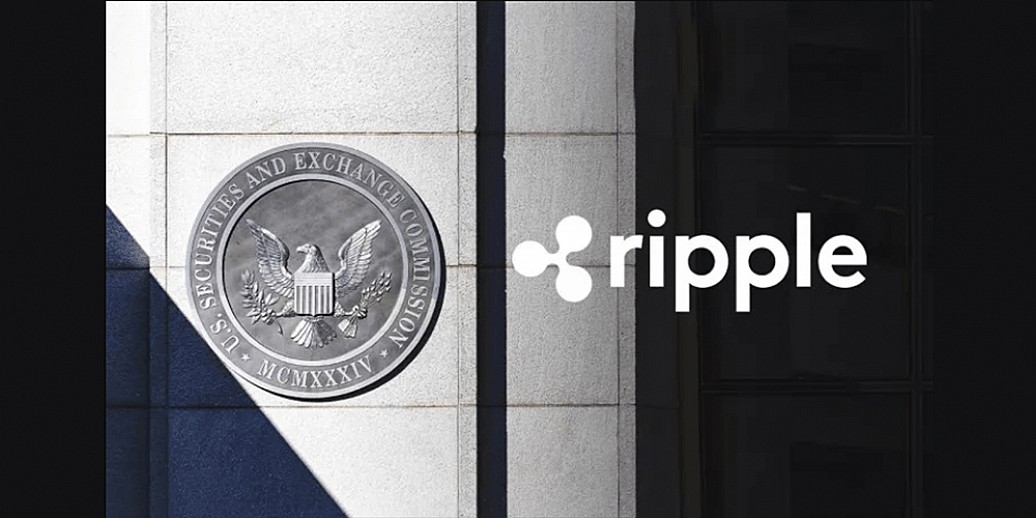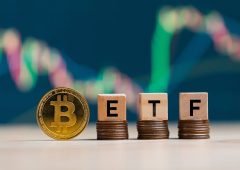Ripple Files Cross-Appeal to Strengthen Legal Position Against SEC
11.10.2024 10:30 2 min. read Kosta Gushterov
Ripple Labs has taken action by filing a cross-appeal with the US Court of Appeals for the Second Circuit, following recent developments in their legal battle.
A cross-appeal happens when both parties contest a lower court’s ruling. In this case, Ripple is not only responding to the SEC’s appeal but is also challenging certain aspects of the prior judgment it disagrees with, suggesting they see room for improvement in their favor.
The SEC’s appeal stems from the lawsuit it launched against Ripple in December 2020, with the appeal filed earlier this month. Ripple’s Chief Legal Officer, Stuart Alderoty, explained that the cross-appeal is meant to ensure every angle of the case is fully addressed. However, he didn’t disclose specific details about the arguments Ripple intends to present.
Alderoty emphasized the importance of covering all bases, including the notion that without clear contractual rights and obligations, there can’t be an investment treaty. This comes after District Judge Analisa Torres ruled in July 2023 that Ripple’s sales of XRP to exchanges and its resale to retail investors did not breach federal securities laws, determining that XRP is not a security.
Both parties are expected to soon provide a high-level overview of their cases, with more detailed arguments to be submitted in their upcoming briefs. The SEC’s brief is anticipated in late January 2024, while Ripple’s response, including their rebuttal to the SEC’s arguments, will follow thereafter.
-
1
Binance Could Introduce Golden Visa Option for BNB Investors Inspired by TON
07.07.2025 8:00 1 min. read -
2
Weekly Recap: Key Shifts and Milestones Across the Crypto Ecosystem
06.07.2025 17:00 4 min. read -
3
Trump Imposes 50% Tariff on Brazil: Political Tensions and Censorship at the Center
10.07.2025 7:00 2 min. read -
4
USA Imposes Tariffs on Multiple Countries: How the Crypto Market Could React
08.07.2025 8:30 2 min. read -
5
Key Crypto Events to Watch in the Next Months
20.07.2025 22:00 2 min. read
Bitwise CIO: The Four-Year Crypto Cycle is Breaking Down
The classic four-year crypto market cycle—long driven by Bitcoin halvings and boom-bust investor behavior—is losing relevance, according to Bitwise CIO Matt Hougan.
Strategy to Raise Another $2.47 Billion for Bitcoin Acquisition
Strategy the company formerly known as MicroStrategy, has announced the pricing of a new $2.47 billion capital raise through its initial public offering of Variable Rate Series A Perpetual Stretch Preferred Stock (STRC).
AI Becomes Gen Z’s Secret Weapon for Crypto Trading
A new report from MEXC reveals a striking generational shift in crypto trading behavior: Gen Z traders are rapidly embracing AI tools as core components of their strategy.
3 key Reasons Behind Today’s Crypto Market Drop
The crypto market shed 1.02% in the past 24 hours, led by a sharp Bitcoin drop and fading altcoin interest.
-
1
Binance Could Introduce Golden Visa Option for BNB Investors Inspired by TON
07.07.2025 8:00 1 min. read -
2
Weekly Recap: Key Shifts and Milestones Across the Crypto Ecosystem
06.07.2025 17:00 4 min. read -
3
Trump Imposes 50% Tariff on Brazil: Political Tensions and Censorship at the Center
10.07.2025 7:00 2 min. read -
4
USA Imposes Tariffs on Multiple Countries: How the Crypto Market Could React
08.07.2025 8:30 2 min. read -
5
Key Crypto Events to Watch in the Next Months
20.07.2025 22:00 2 min. read


